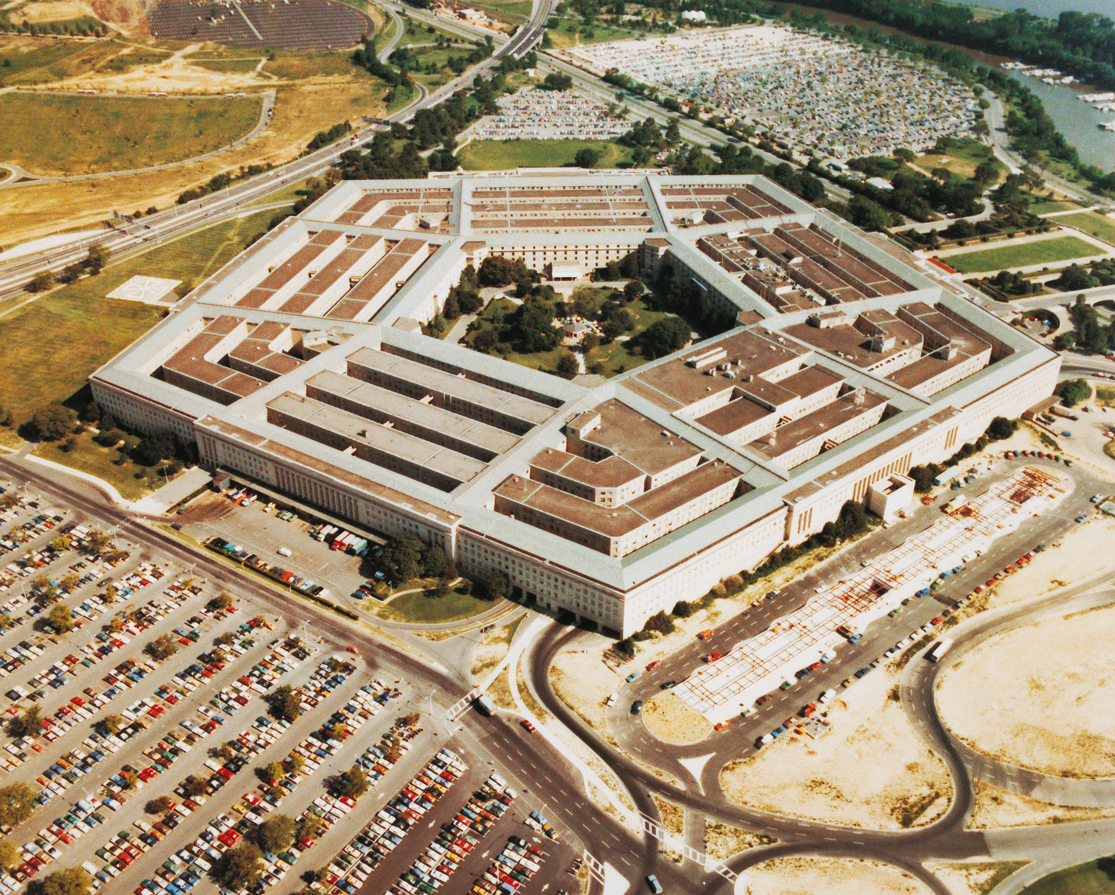If most Americans had ever heard the term “sequester” before last fall, they probably thought it meant something like entering a monastery or convent. But in the doublespeak of the current world of politics, sequester is the term for an across-the-board budget cut of 9% to fiscal year 2013 federal spending and further cuts of similar size for the next nine years. The largest proportion of those cuts will fall on defense spending, which gets the largest share of federal discretionary spending.
Defense contractors issued dire warnings last summer on possible job cuts to their civilian workforces. Defense firms Lockheed Martin Corp. (NYSE: LMT), Boeing Co. (NYSE: BA), Northrop Grumman Corp. (NYSE: NOC), General Dynamics Corp. (NYSE: GD), Raytheon Co. (NYSE: RTN) and London-based BAE Systems and their suppliers employ more than 1 million people and their facilities are scattered all across the country. Many of these firms announced plans that would have resulted in the loss of several hundred thousand jobs if the proposed sequester were implemented. The plans were mostly withdrawn right before the November elections, following the sequestration deal because no one thought it would ever be implemented.
Guess again. If Congress and the President fail to reach an agreement by tomorrow, the cuts go into effect on Friday. Because it is politics, there are several possibilities for getting out of the mess, but that will all take some time.
Cuts just to the U.S. Army budget total $18 billion for the current fiscal year. According to the Army, such cuts would lead to the cancellation of remodeling and modernization plans at many bases, cuts to orders at several thousand suppliers, of which about one-third are already at risk of bankruptcy, and delays to contractor repairs to thousands of vehicles, communications devices and weapons. Total defense spending is set to fall by $45 billion through the end of this fiscal year.
Lockheed Martin, the largest defense contractor, already has forecast record earnings for 2013, even in the face of the impending budget cuts, while both Raytheon and General Dynamics forecast lower-than-expected profits for the year. Lockheed now says it does not plan to cut jobs. Raytheon, the world’s largest missile maker, is sitting on a record backlog of orders.
The defense firms are going to take a hit, but the largest contractors appear unlikely to suffer a lot. Since the beginning of the year, all the defense stocks named earlier, except Boeing, are trading lower by about 2% to 5%. Where the cuts will hurt most are in the smaller firms that often perform as subcontractors. Any job losses at these firms will affect the local economies. The big defense firms look poised to remain above the fray — at least for now.
Are You Still Paying With a Debit Card?
The average American spends $17,274 on debit cards a year, and it’s a HUGE mistake. First, debit cards don’t have the same fraud protections as credit cards. Once your money is gone, it’s gone. But more importantly you can actually get something back from this spending every time you swipe.
Issuers are handing out wild bonuses right now. With some you can earn up to 5% back on every purchase. That’s like getting a 5% discount on everything you buy!
Our top pick is kind of hard to imagine. Not only does it pay up to 5% back, it also includes a $200 cash back reward in the first six months, a 0% intro APR, and…. $0 annual fee. It’s quite literally free money for any one that uses a card regularly. Click here to learn more!
Flywheel Publishing has partnered with CardRatings to provide coverage of credit card products. Flywheel Publishing and CardRatings may receive a commission from card issuers.
Thank you for reading! Have some feedback for us?
Contact the 24/7 Wall St. editorial team.
